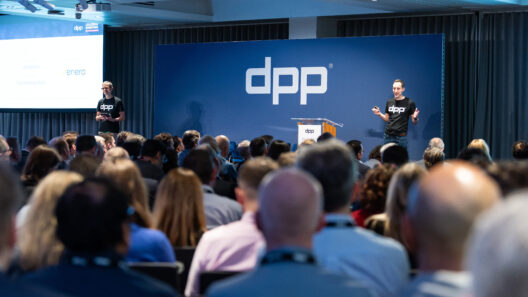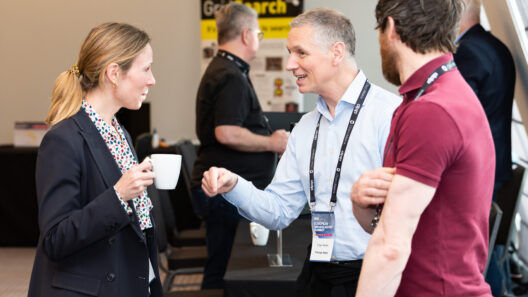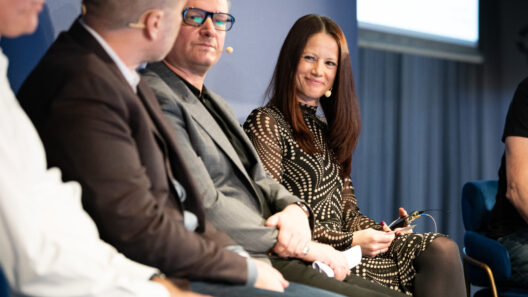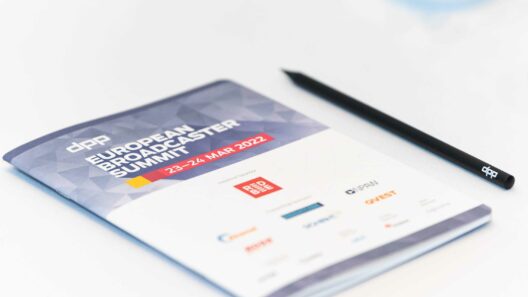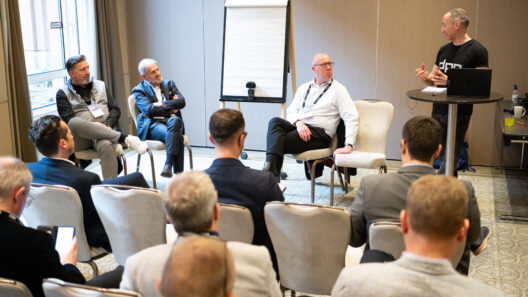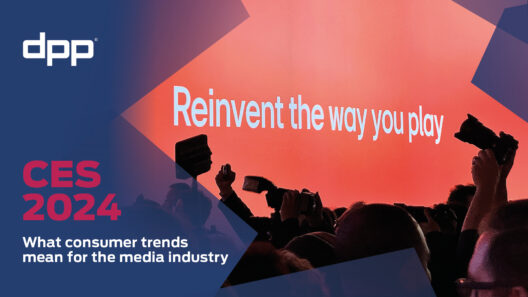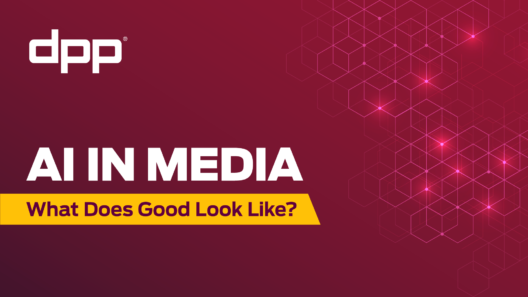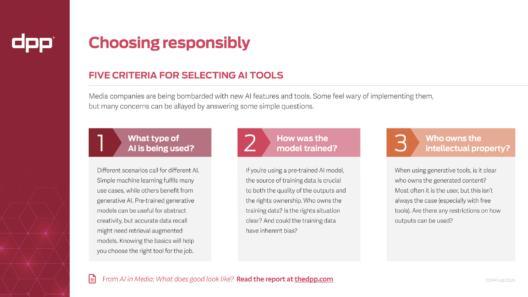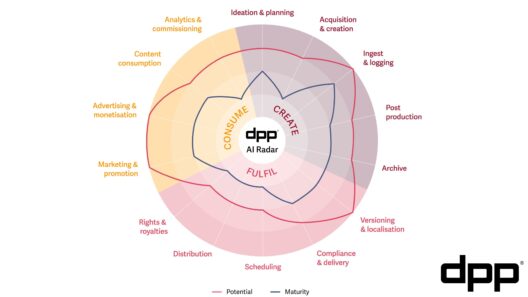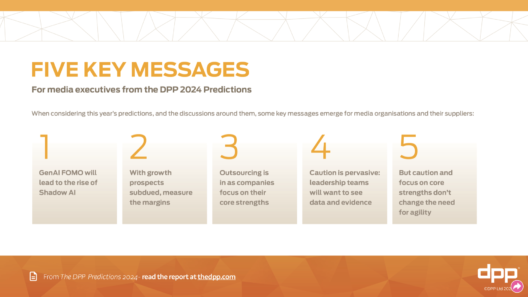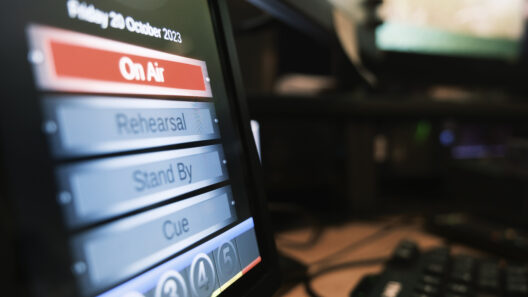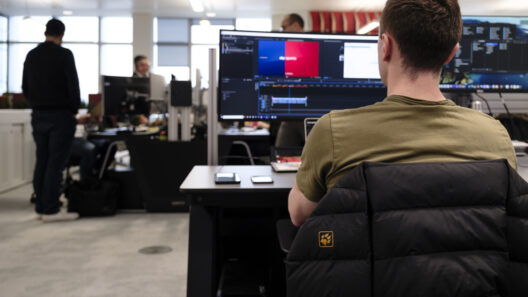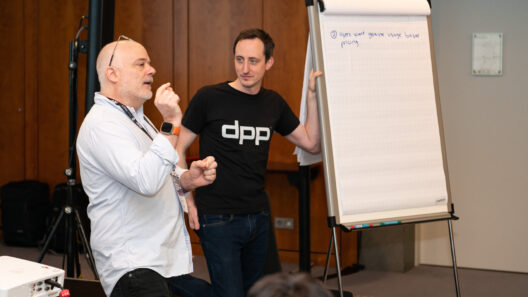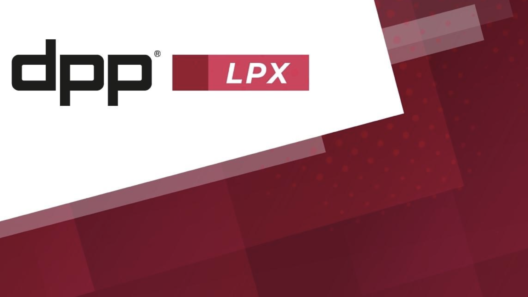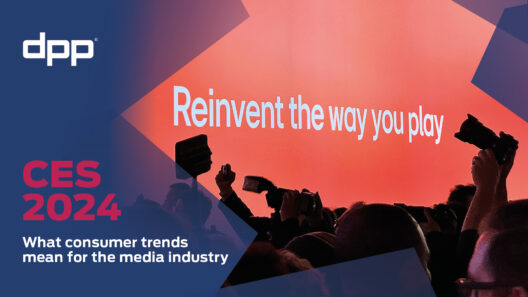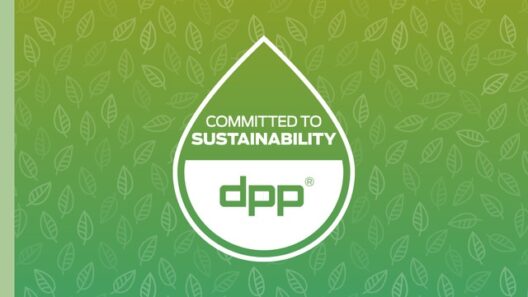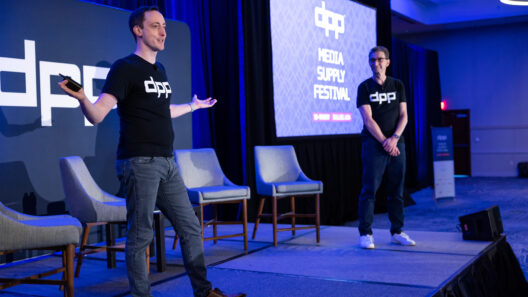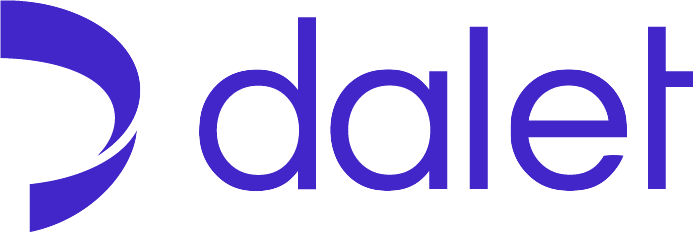
Prompted by Dell Technologies having just announced a record quarter in August 2021, in one of the last articles I published as a technology and business journalist before joining the DPP I covered the booming PC market.
This followed a popular, if somewhat trite, narrative about the Covid-19 pandemic; that it has acted as a catalyst and a boon for the consumer technology market since 2020. That is certainly not not true - but it is an oversimplification of what is really driving growth, the screen and the cloud, with the former now the aperture to an ever-expanding ecosystem of services where peoples’ work and personal lives are increasingly experienced.
Speaking during a DPP webcast reflecting on our CES 2022: What consumer trends mean for the media industry report, Dell CTO for Media & Entertainment, Tom Burns, added this context and nuance that I had missed.
The growth in sales and shipments was also a reflection of the relationship between manufacturers and cloud hyperscalers. Consumers were keeping pace with improving cloud capabilities; Dell’s increase in shipments of laptops and computing devices was not merely due to PC refresh cycles being brought forward to support the shift to remote working.
Every cloud has to have an edge
“Even before the pandemic it was all about the cloud,” Tom said. “And where there is a cloud, there has to be an edge. I think the combination of the pandemic and working from home caused that surge of laptops and physical hardware buying.
“But it’s a trend that has accelerated - as the cloud develops, so does the edge. What we’re finding is that your choice of edge hardware governs a lot about how your application performs.”
Discovery EVP Sowmya Subramanian says the concepts of cloud and the edge have come closer together.
He added that in the same way that the lines between consumer and enterprise technology were becoming blurred, so were the lines between the edge and the cloud providers
“It’s interesting that the major hyperscalers are extending their cloud into the edge product, just in the same way that Dell has the edge piece and we have been expanding into things like Project Apex,” he said about the company’s multi-cloud offering.
Sustainability - more than just greenwashing
In the DPP’s CES 2022 report, DPP CEO Mark Harrison described the top trend, sustainability, as “the theme waiting to happen at CES for over a decade”.
Sustainability startups were well represented at CES 2022, with Sustainability tech anointed a red hot leader in the DPP’s popular CES Heat Map, pushed only by Immersive tech (VR, AR, MR) amidst marketing hype around the metaverse - still an area where the sum of its parts are far greater than the whole.
A number of exhibitors made bold statements in the drive to zero emissions in the tech supply chain, with Dell announcing its Concept Luna partnership with Intel - a new design principle that fundamentally rethinks the environmental impact of its laptops.
While the New York Times expressed concerns that some of the sustainability commitments could merely be greenwashing, at the DPP we are more optimistic.
“We’ve simply never heard these kinds of initiatives, in these kinds of numbers, at CES before,” Mark said. “And the more companies make these commitments, the more reputationally damaging it becomes to go back on them. It also makes it easier to make supply chain changes, since there is a common goal that benefits all parties.”
Tom agreed that people would be right to question the green credentials of tech companies, but that its Concept Luna plan was a serious roadmap which showed the company’s sustainability commitments for years to come.
Dell’s production processes now has to match improvements it had made at the consumer end, essentially its packaging and distribution.
Dell Technologies CTO for Media & Entertainment, Tom Burns, discusses the company's sustainability initiatives.
Supply chain sustainability
“Sustainability in the manufacturing and supply chain is a big adjustment for a company like Dell, which has been focused on engineering value into its laptops - and that often means less able to be repaired - so that they can be offered for sale cheaper to the consumer,” Tom said.
“It’s a big change to go from that mentality to what was announced at CES 2022, Concept Luna, which is a laptop which is fully designed to be repaired and upgraded.”
As well as diving deeper into its manufacturing supply chain and energy sources - including how its aluminium is extracted - how its devices were designed and built needed to be transformed.
“The bigger concept is we have to design how we disassemble them when you are designing them to be engineered,” he said. “That is a radical change.”
The DPP’s CES 2022: What consumer trends mean for the media industry is available to download below, and the CES 2022 webcast is available to view on demand featuring Dell CTO for Media & Entertainment, Tom Burns, Discovery EVP Sowmya Subramanian, DPP CTO Rowan de Pomerai and DPP CEO Mark Harrison.
